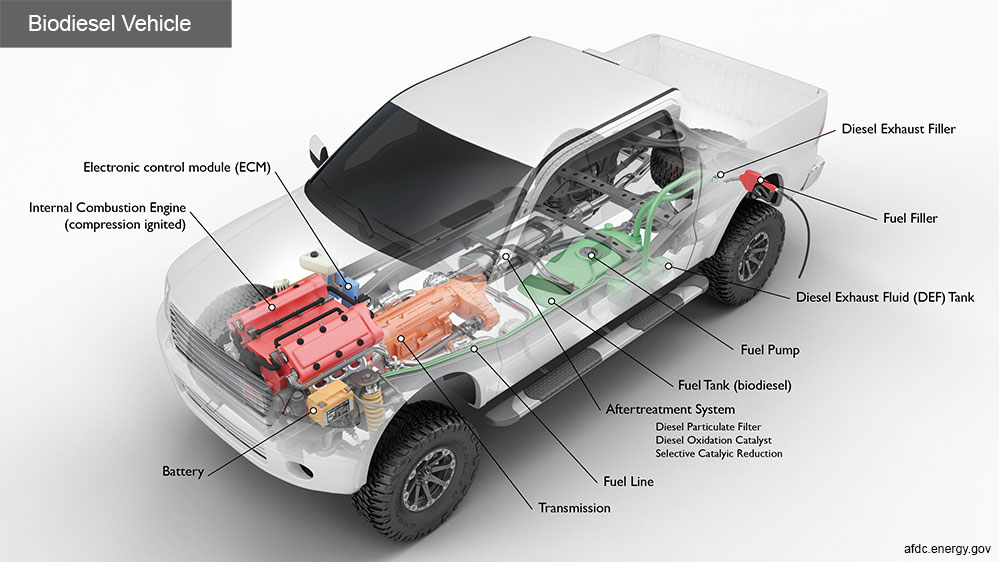Many people wonder whether biodiesel can be used in any diesel engine. Let’s explore the facts and myths surrounding this topic.
Understanding Biodiesel
Biodiesel is a renewable fuel made from vegetable oils, animal fats, or recycled cooking grease. It is produced through a chemical process called transesterification.
Benefits Of Biodiesel
- Environmentally friendly
- Reduces greenhouse gas emissions
- Biodegradable
- Renewable energy source
Compatibility with Diesel Engines
While biodiesel can generally be used in most diesel engines, there are some considerations to keep in mind.
Types Of Diesel Engines
There are different types of diesel engines, including:
| Type | Compatibility with Biodiesel |
|---|---|
| Conventional Diesel Engines | Compatible with biodiesel blends |
| Modern Diesel Engines | May require modifications for higher biodiesel blends |
Manufacturer Recommendations
It is essential to check your vehicle manufacturer’s guidelines regarding the use of biodiesel. Some OEMs do not approve higher-level blends of biodiesel.

Credit: afdc.energy.gov
Performance and Effects
When using biodiesel in diesel engines, there can be both positive and negative effects:
Positive Effects
- Improved lubricity
- Reduced emissions
- Renewable energy source
Negative Effects
- Potential deposits in the injector pump
- Hard starting in cold weather
- Possible impact on engine performance

Credit: www.wefixdieseltrucks.com
Conclusion
In conclusion, while biodiesel can generally be used in most diesel engines, it is essential to consider the type of engine, manufacturer recommendations, and potential effects on performance. With proper care and attention, biodiesel can be a viable and eco-friendly alternative fuel for diesel vehicles.


